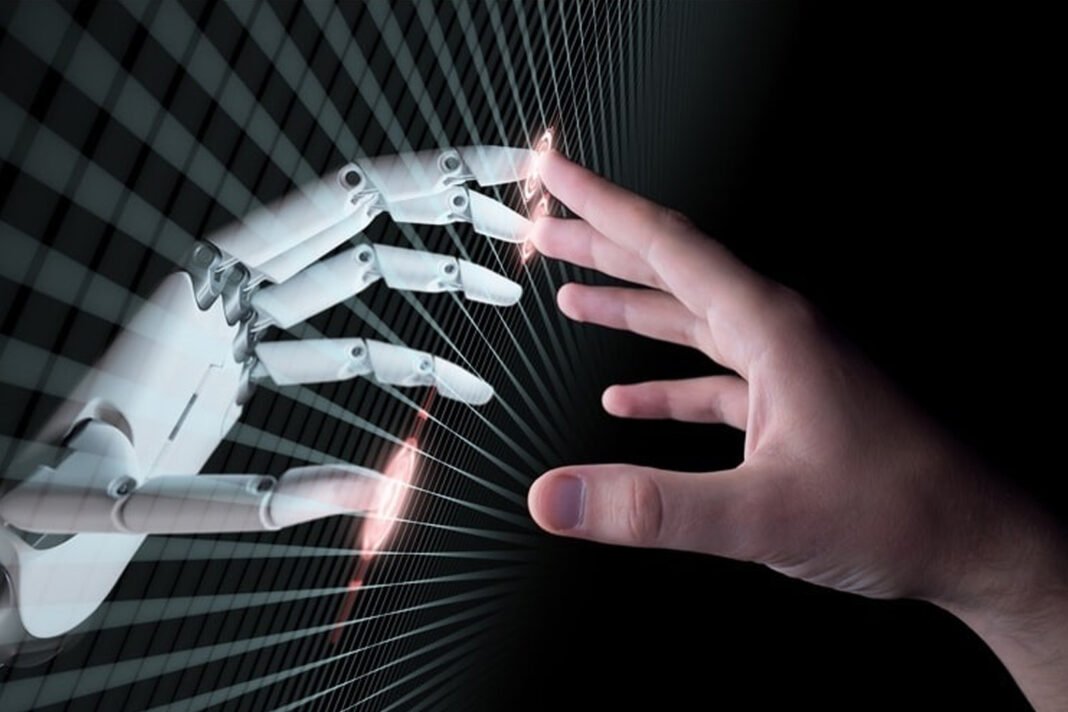In today’s rapidly advancing technological landscape, artificial intelligence (AI) has become an integral part of our lives. From voice assistants to autonomous vehicles, AI systems are transforming the way we live and work. However, as these intelligent systems become more sophisticated, questions about their ethical implications arise.
AI ethics refers to the moral considerations and guidelines that govern the development and use of AI technologies. It aims to ensure that AI systems are designed and operated in a way that aligns with our values and respects human rights. As AI continues to evolve, it is crucial to navigate the moral landscape and address the ethical challenges it presents.
One of the key ethical concerns surrounding AI is bias. AI systems learn from vast amounts of data, and if that data contains biases, the system may perpetuate and amplify them. For example, facial recognition software has been shown to have higher error rates for people with darker skin tones, highlighting the need for fair and unbiased algorithms.
Transparency and accountability are also important considerations in AI ethics. Users should have a clear understanding of how AI systems make decisions and what data they use. Additionally, there should be mechanisms in place to hold developers and operators accountable for any harm caused by AI systems.
Privacy is another critical aspect of AI ethics. As AI systems collect and analyze massive amounts of data, there is a risk of infringing on individuals’ privacy rights. Striking a balance between the benefits of AI and protecting personal information is essential.
To address these ethical challenges, organizations and governments are developing frameworks and guidelines for responsible AI development and deployment. These frameworks emphasize the importance of transparency, fairness, accountability, and privacy in AI systems.
In conclusion, as AI becomes more prevalent in our society, navigating the moral landscape of intelligent systems is crucial. AI ethics ensures that these technologies are developed and used in a way that respects our values and upholds human rights. By addressing concerns such as bias, transparency, accountability, and privacy, we can foster the responsible and ethical use of AI for the benefit of all.




